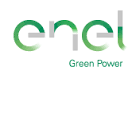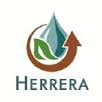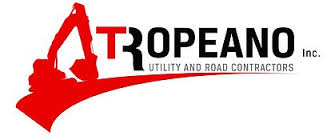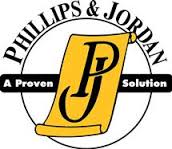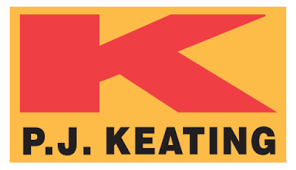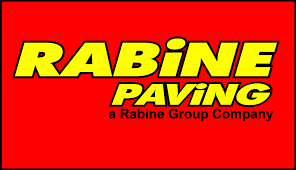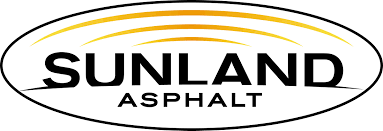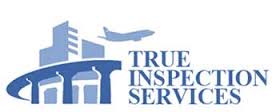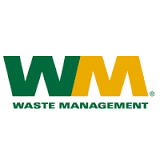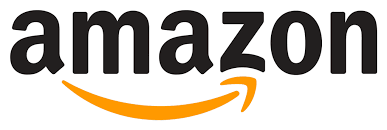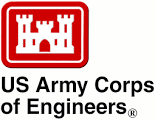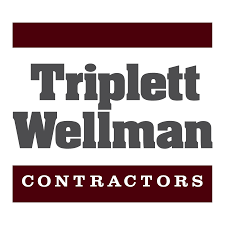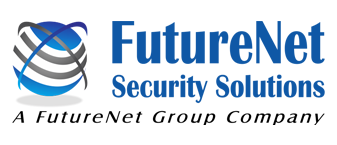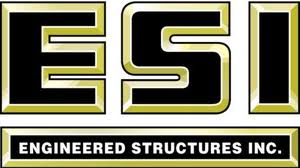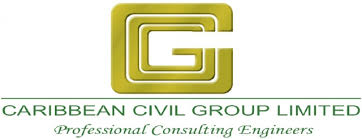News
A New Way to Clean Our Oceans: The Interceptor
Feb 03, 2020
Oceans make up 70 percent of our planet, and it is one of the earth's most valuable natural resources. It cleans the air, provides a living, and helps feed the world, but pollution is starting to overrun our oceans and affect our way of life. Other than some trash that is dumped into the sea, about 80 percent of marine litter makes its way in from land-based sources, such as storm drains and sewers. Other sources that contribute to this problem include oils from boats, cars, and airplanes, as well as industrial and agricultural runoff.
Tons of plastic enter the ocean every year; the majority of that is from rivers. If nothing is done about this, it can affect our health, economies, and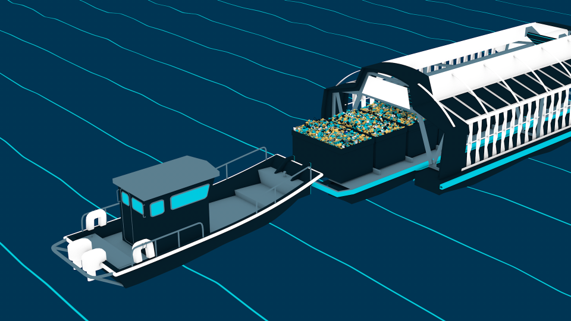 ecosystem. One organization, the Ocean Cleanup, is working to reduce the plastic that is monopolizing our waters. It is a non-profit organization that develops advanced technology to remove plastic from our oceans. In 2015, the Ocean cleanup developed a new system called the Interceptor to help make this dream become a reality. The organization plans to crackdown on the 1,000 most polluted rivers that are responsible for 80% of the ocean plastic pollution by 2025, with the help of the government and private companies.
ecosystem. One organization, the Ocean Cleanup, is working to reduce the plastic that is monopolizing our waters. It is a non-profit organization that develops advanced technology to remove plastic from our oceans. In 2015, the Ocean cleanup developed a new system called the Interceptor to help make this dream become a reality. The organization plans to crackdown on the 1,000 most polluted rivers that are responsible for 80% of the ocean plastic pollution by 2025, with the help of the government and private companies.
The Interceptor uses the natural current of rivers to collect any floating waste. The waste is carried by the current and maneuvered by the barriers attached to the Interceptor. It is then transferred into a conveyor belt where the shuttle distributes the debris into six dumpsters. This system is expected to extract between 50,000 kg (over 110,000 lbs) to 100,000 kg (over 220,000 lbs) of trash. It is the first scalable solution to intercept river plastic pollution, and it can be deployed anywhere in the world.
There are already four Interceptors that have been built to-date. Two of the systems are already operational, one in Jakarta (Indonesia) and another in Klang (Malaysia). The other two systems are planned to be implemented in Vietnam and the Dominican Republic. Thailand has signed up to deploy an Interceptor. Some agreements are near completion for one to be in LA County.
The Interceptor is environmentally friendly and 100% solar-powered. It can operate all day and night and does not make noise or exhaust fumes. This system is built to work 24/7 on an autonomous operation, so there is no manual work. At any time, operators can access the dashboard of the Interceptors from anywhere in the world. When the six dumpsters get full, the operating system sends a message to local operators, so the trash can be sent back to shore, where the debris is sent to local waste management facilities. Once the dumpsters are back at the Interceptor, it can resume its work. The system was built to not interfere or harm the safety of wildlife.
This system can be a game-changer for the world. Over time we have seen beaches, lakes, and rivers become polluted with plastic, and it has been hurting the earth. There needs to be less pollution and less plastic in our waters. At the end of the day, we need our rivers and oceans to be clean. This is a significant problem that needs to be solved soon, and the Interceptor looks to be a primary key to solving the plastic pollution problem.
To learn more about the Interceptor and other clean up opportunities, visit: https://theoceancleanup.com/
Comprehensive and Easy to Retain



